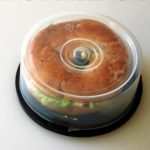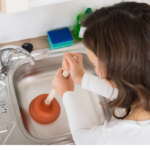Choosing the Best Pig Intestines:
It’s best to go to the morning market to get the freshest intestines. Look for the thicker, whiter sections, avoiding the thinner, yellow parts as they tend to be bitter and tough.
Choose the initial segments of the intestines, which are usually firmer and crispier. Opt for pieces that are plump and have a milky white fluid inside.
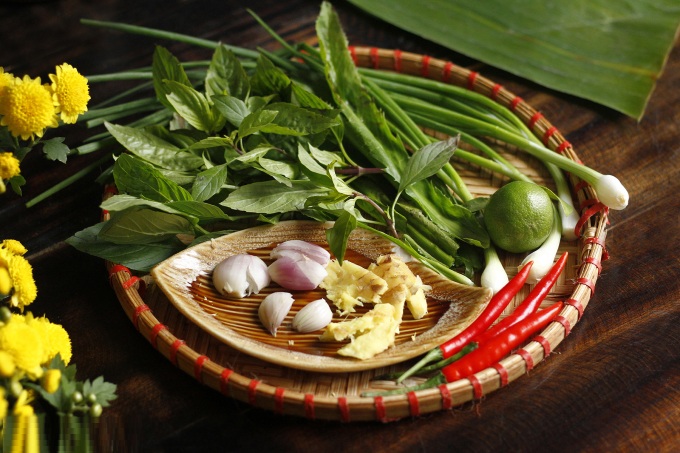
Ingredients for Boiling Crisp Intestines
Cleaning the Intestines:
While some people scrub the intestines with salt, ginger, lemon, and alcohol to remove impurities and odor, it’s important not to overdo it as this can make the intestines tough. Gently rinse the intestines instead.
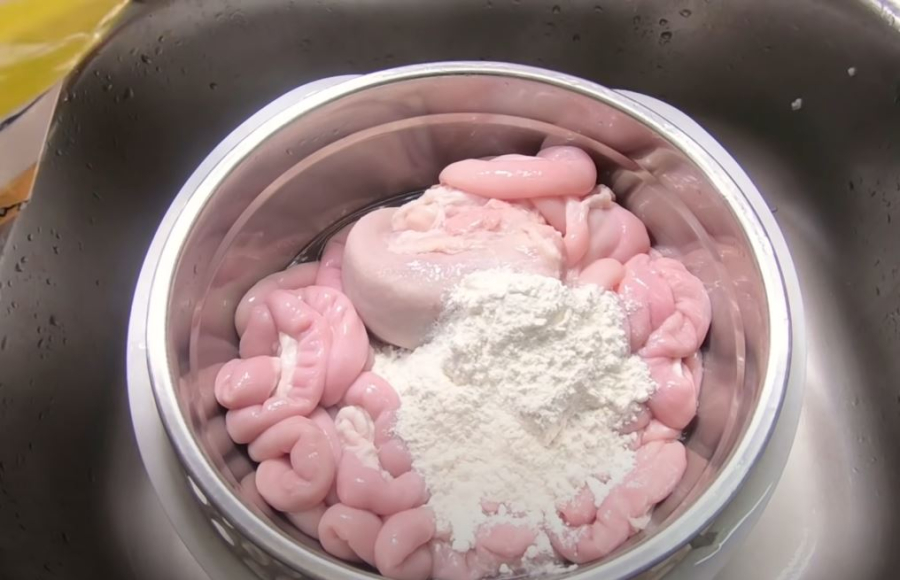
Thoroughly clean the pig intestines to eliminate any unpleasant odors.
Turn the intestines inside out and remove excess fat. Mix flour with a little salt and scrub the intestines to get rid of the slimy substance. Rinse with clean water, then wash with lemon to neutralize odors and remove impurities. Turn the intestines back to their original position and rinse again.
For the tender intestines, simply hold them under running water to flush out the inner fluid.
Boiling the Pig Intestines Perfectly:
Step 1: The secret to boiling pig intestines without bitterness and odor is to use lemon, salt, and flour. Use a skewer to turn the intestines inside out, removing the inner membrane.
Step 2: In a bowl, mix a handful of flour with some salt. It’s best to use rock salt for this. Rub the intestines thoroughly with this mixture, then rinse under strong running water.
Step 3: After rinsing, squeeze lemon into the intestines and scrub thoroughly to remove any remaining fat. Rinse again, then turn the intestines back to their original position. Proper cleaning is essential for crispier and more delicious boiled intestines.
Step 4: Now, we’ll boil the intestines. Here’s how:
– Prepare a bowl of cold water with a few drops of lemon juice.
– Bring a pot of water to a rolling boil before adding the intestines. This step is crucial—adding intestines to cold water and then boiling will make them tough. By adding them to boiling water, they will be perfectly cooked and crispy.
– Boil the intestines for about 10 minutes, then remove them from the pot and immediately place them in the prepared lemon water to keep them crisp, white, and prevent discoloration.
Notes on Boiling Intestines:
For the best results, avoid boiling the intestines in cold water or overboiling them, as this will make them tough. Instead, boil them in water with some crushed ginger, dried onion, or lemongrass to add a pleasant aroma.
Bring the water to a boil before adding the intestines. This ensures they cook just right without becoming tough. Use a pair of chopsticks to push the intestines into the water so they cook evenly and don’t turn black.
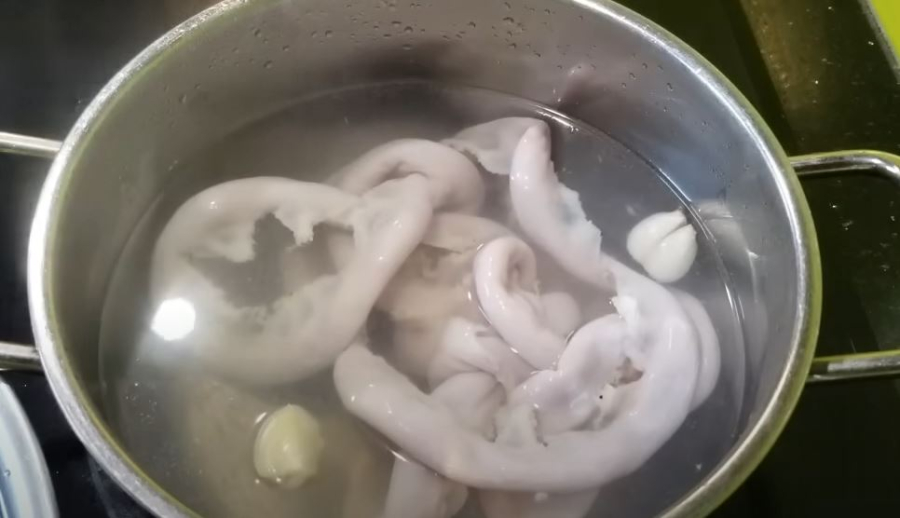
Add ginger, onion, or lemongrass to the boiling water for a more fragrant result.
While waiting for the water to boil again, prepare a bowl of cold water with ice cubes and a few drops of lemon juice.
After 2-3 minutes of boiling, remove the intestines and soak them in the prepared ice water. Keep the pot of boiling water on the stove.
Once the intestines have cooled, return them to the pot and boil for another 2-3 minutes. Repeat the process of soaking them in cold water. Depending on the amount of intestines, you may need to repeat this process 2-3 times, with a total boiling time of 7-10 minutes.
When the intestines are cooked, remove them from the pot and soak them in cold water with ice and lemon to cool completely. This helps to enhance their crispness, whiteness, and aroma.
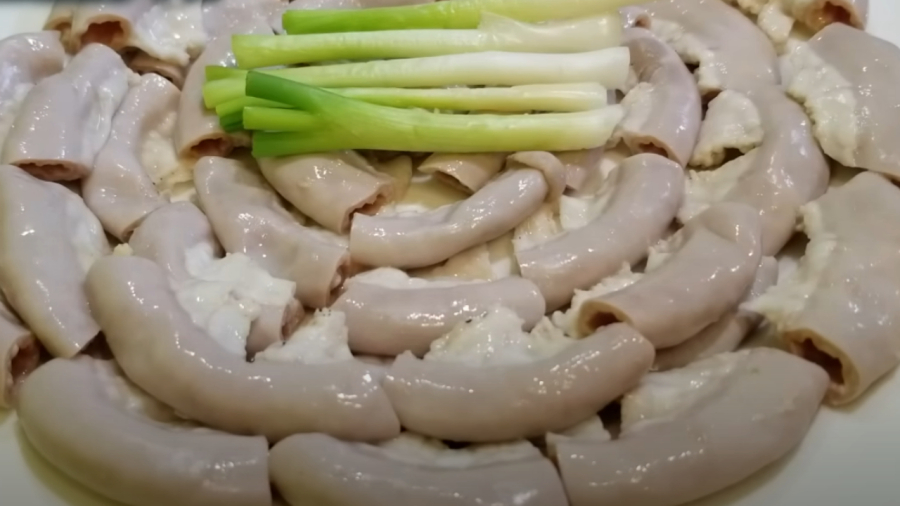
Avoid overboiling the pig intestines to prevent toughness.
Once the intestines have cooled, drain the water and cut them into bite-sized pieces.
Maximizing Durability and Energy Efficiency with High-Speed Kettles: Tips and Advice
Are you an electric kettle aficionado? If so, you’ll appreciate Ði?n máy Xanh’s latest offering. We’ve compiled comprehensive instructions to help you make the most of your electric kettle, including tips on how to prolong its life as well as maximize energy savings. Let’s get your kettle expertise up to date!



























